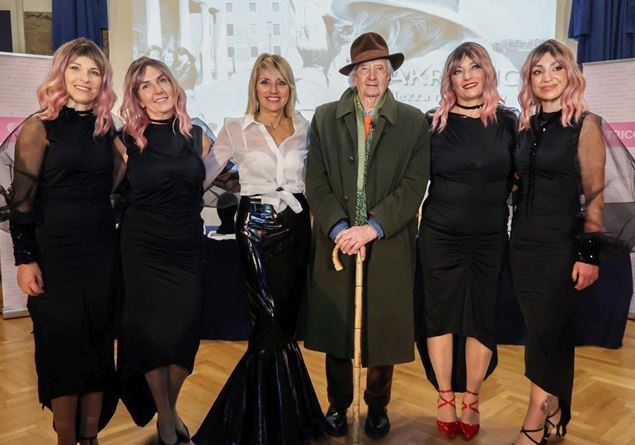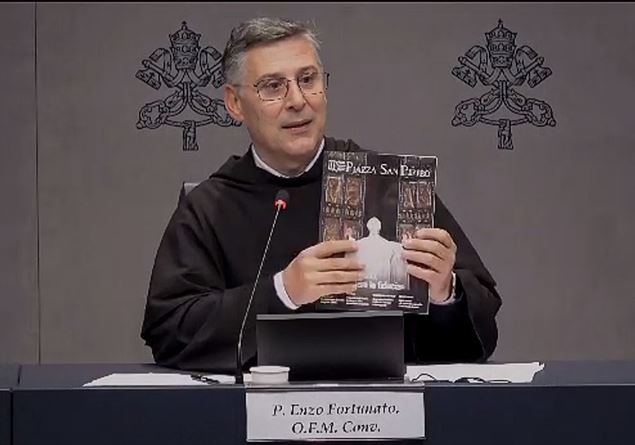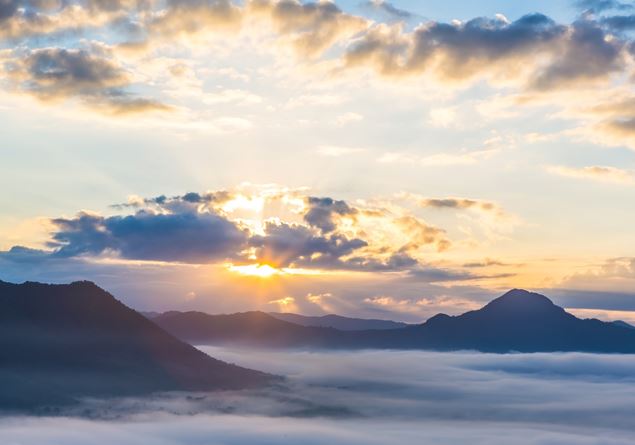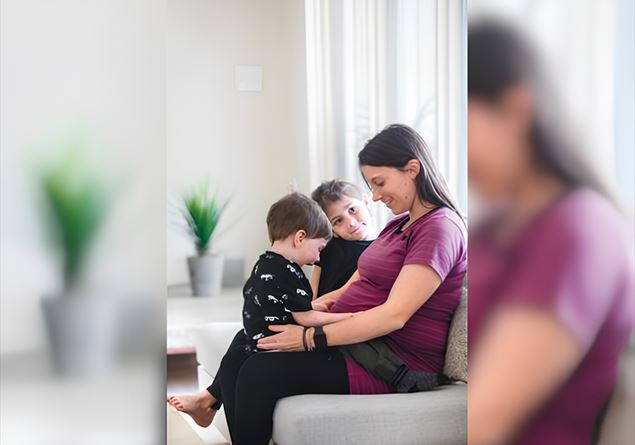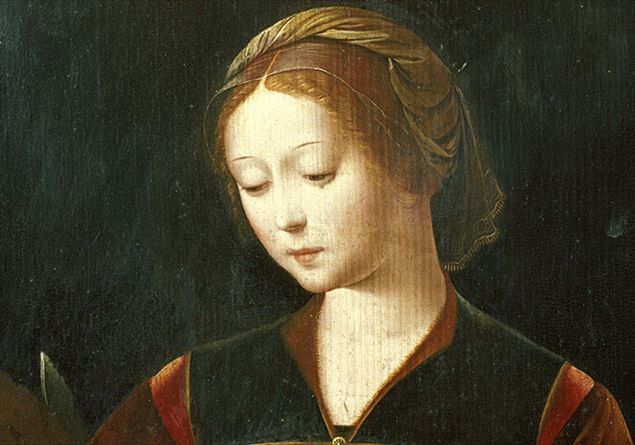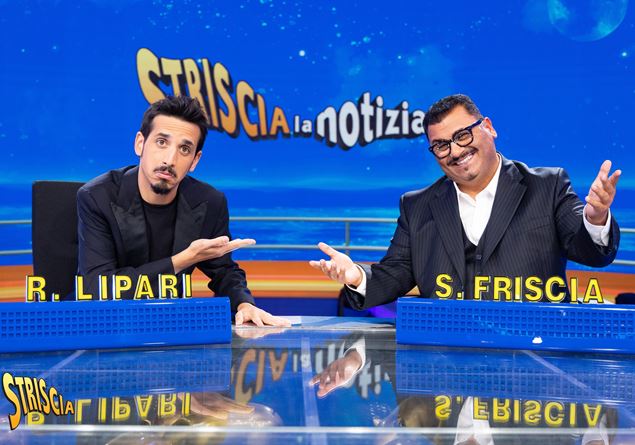
When he lands in Jakarta he will try to give impetus to that motto of the country, Bhinneka tunggal ika (literally “many, but one”, or also “united in diversity”) that sectarian and separatist movements are trying to destroy. It is not an easy journey that will take Pope Francis once again to Asia and then to Oceania. Visiting, first, the‘Indonesia, the nation with the highest number of Muslims in the world. And then Papua New Guinea, Timor-Leste, Singapore.
In the longest apostolic pilgrimage of his pontificate, Bergoglio will spend 44 hours on a plane, covering 32,814 kilometers in flight alone and using six airlines.
Almost a round the world trip in 12 days that was planned from 2nd to 13th September, postponed in 2020 due to Covid and to which the Argentine Pope would have also liked to add the Vietnamif the ongoing easing of tension in bilateral relations had reached a point where it could also touch those shores. At 88 years of age, the Pontiff does not spare himself and brings with him, as a passport, those words that he had engraved in the mottos and logos designed for the trip: faith, prayer, compassion, fraternity, harmony, hope.
Many people, even non-Christians, are waiting for him in the four countries. The first, armored for security after two attacks on two different Christian churches in July were foiled by government forceswill see him move between the presidential palace, the cathedral of the capital, the mosque of Istiqlal, the Gelora Bung Karno stadiumwhere he will celebrate Mass, the seat of the Episcopal Conference where he will meet the sick assisted by the Catholic Church.
“Our wish and hope is that the arrival of Francis will inspire the nation to ensure and maintain prosperity and peace,” the bishop of Bogor and general secretary of the Indonesian Episcopal Conference, Monsignor Paskalis Bruno Syukur. “On many occasions,” he added, “Pope Francis has wanted to give priority to brotherhood, looking at the dignity of the human being, without considering ethnicity, culture or religion.”
Interreligious dialogue, the coexistence of different cultures, the moderation that the country has always demonstrated despite the growth of the most extremist fringes over the years, have pushed Bergoglio to underline several times the great capacity for tolerance of this nation which, with its 275 million inhabitants, is among the most populous on the planet after India and China. Christians play a role in providing stability, even though they represent seven percent of the population as Protestants and three percent as Catholics. They have initiated many experiences of social cooperation and spiritual and existential comparison with Islam in the different territories of the archipelago, which has over 1,700 islands.
Young people, in particular, are very involved in the projects. And, in view of the Pope’s arrival, they have worked, in collaboration with the Ministry of Education, Culture, Research and Technology of the Republic of Indonesia and with the support of the Global Movement 5P – Peace, Prosperity, People, Planet and Partnership –, to launch the first office in Southeast Asia of Occurrent Schoolsthe innovative educational program that Francis launched in Argentina when he was Archbishop of Buenos Aires and that he has been promoting throughout the world since the beginning of his pontificate. Francis will dedicate the afternoon of September 4th to them to listen to them and celebrate together what the Pope has defined as the “educational polyhedron that will represent unity in diversity.”
Young people will also be at the centre of the visit Papua New Guinea. Bergoglio, for the first time in Oceania, will meet them on Monday 9 September at the stadium Sir John Guise, the same place where, the day before, he will celebrate the Eucharist. In the country, whose capital he will visit, Port Moresbyand the city of I am going tothe Pontiff will find – these are the words of Father Mario Abzalon Alvarado, superior general of the Missionaries of the Sacred Heart – the “pioneers” of evangelization among the Roro and Mekeo tribes, a “varied, multicolored, multilingual, multiethnic Church”.
A surprise in what is defined as the “land of the unexpected” and where Christians represent 69 percent of the population (36 percent Catholics) and the remainder is divided into 0.8 percent Muslims and a little over 30 percent who practice traditional religions combining them with Christian symbols.
From Papua New Guinea Francis will return to Asia again, to East Timorthe only country in all of Asia, together with the Philippines, with a Catholic majority. “Let your faith be your culture”, the Pope will come to say in Dili. A little less than two days, from the afternoon of the 9th to the morning of the 11th, to meet the children with disabilities of the Irmãs Alma school, the young people, the Jesuits, as well as the bishops, catechists, priests and religious and to celebrate a Mass that promises to be very crowded. Many Indonesian inhabitants, in fact, are trying to reach Dili, which is closer at hand – and in their pockets – than the very expensive Jakarta. The bishop of Kupang, Monsignor Hironimus Pakaenoni, in collaboration with the Indonesian Government, is trying to facilitate the issuing of documents for expatriation, while, on the other hand, the organization is entrusted to the Salesian Cardinal Virgil of Carmo Silvawho prepared the great moment of prayer on August 30th while waiting for the Holy Father.
From the Catholic and spiritual heart to the economic and financial one. In fact, Francis, before returning to Rome, On September 11, he will visit Singapore, the country with the highest concentration of millionaires in relation to its populationIn a nation with a Buddhist majority, but with more or less latent tensions between Malays and Chinese, the Pontiff will address everyone by suggesting that his trip, with the motto “unity and hope”, wants to shine a light on those who risk being discriminated against and marginalized.




